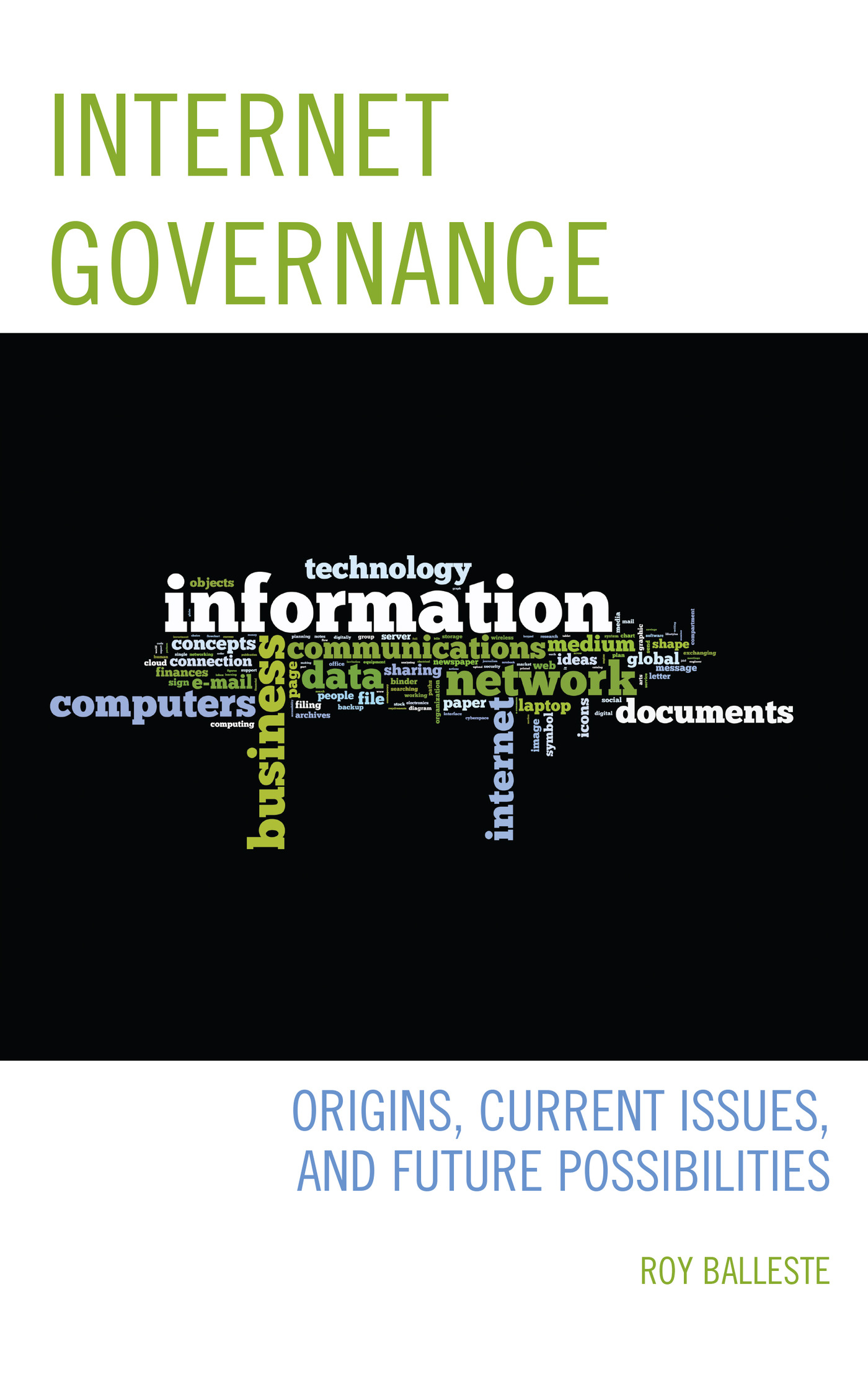Internet Governance
Origins, Current Issues, and
Future Possibilities
Roy Balleste
ROWMAN & LITTLEFIELD
Lanham Boulder New York London
Published by Rowman & Littlefield
A wholly owned subsidiary of The Rowman & Littlefield Publishing Group, Inc.
4501 Forbes Boulevard, Suite 200, Lanham, Maryland 20706
www.rowman.com
Unit A, Whitacre Mews, 26-34 Stannary Street, London SE11 4AB
Copyright 2015 by Rowman & Littlefield
All rights reserved. No part of this book may be reproduced in any form or by any electronic or mechanical means, including information storage and retrieval systems, without written permission from the publisher, except by a reviewer who may quote passages in a review.
British Library Cataloguing in Publication Information Available
Library of Congress Cataloging-in-Publication Data
Balleste, Roy, author.
Internet governance : origins, current issues, and future possibilities / Roy Balleste.
p. cm.
Includes bibliographical references and index.
ISBN 978-1-4422-4784-0 (cloth : alk. paper) ISBN 978-1-4422-4785-7 (ebook)
1. Internet governance. I. Title.
TK5105.8854.B35 2015
384.3dc23
2014042228
 TM The paper used in this publication meets the minimum requirements of American National Standard for Information Sciences Permanence of Paper for Printed Library Materials, ANSI/NISO Z39.48-1992.
TM The paper used in this publication meets the minimum requirements of American National Standard for Information Sciences Permanence of Paper for Printed Library Materials, ANSI/NISO Z39.48-1992.
Printed in the United States of America
To my mom, to my grandmother, and to my wife
Dear mami,
You gave me the best childhood I could ever imagine.
Thank you for your love now and forever.
Dear mam,
(In memoriam)
Floating somewhere in the celestial expanse,
you bless me every day of my life.
I remain grateful forever.
Dear Meli,
Much of my hopes and dreams I have deposited in this book. Disappointments about the past, anticipation of events to come, and renewed hope for a better futurethe pleasure of success and visions of peace. Along with my hopes and dreams, all the love I have for you.
And, to you,
My brother, Rey Balleste, and my sister, Mirta R. Balleste.
Preface
Internet governance is a challenging area of international relationscharged with increasing pressure to simultaneously ensure both the secure operation of the network on the one hand, and maximum individual liberties on the other. Yet this difficult choice between security and liberty is obviously not a new one; it is intrinsic to the information society we live in. The struggle to identify the individual and community values that need to be preserved and the ways and means to secure them has accompanied the human race since its very beginnings. This strife resulted in the twentieth-century introduction of the Universal Declaration of Human Rights, defining those universal values and identifying their limits, and inciting the rapid development of treaty-based and customary human rights law that followed. All new technological developmentsthe printing press, photography, telephony, radio, and televisionmodified the very catalogue of individual liberties, and required new compromises by state authorities to ensure public order and individual freedoms.
While to some, like John Perry Barlow, the dawn of the global electronic network sparked hopes for a new dominion, uncharted by existing human faultsa new civilization of the Mind in Cyberspacelawyers, in particular, have been reluctant to recognize the Internet as different from other existing technologies. Referring disparagingly to the emergence of an obsolete law of the horse, they claimed that all the necessary legal safeguards to ensure secure and free operation of the network were already in placeyet time was to prove them dramatically wrong. The unique architecture of the global network made the need for a similarly unique model for its regulation abundantly clear. Traditionally, all media and communication services remained under the executive power of national authorities, acting through laws on licenses, distribution of the electromagnetic spectrum, use of undersea cables, or press law regulations, which were enforced based on the reach of their physically limited territorial dissemination. But the reach and structure of the global network challenged this existing order. Its layered architecture and distributed management quickly proved state authorities unable to enforce their local laws on the global network. The Internet required a new model of management, or rather, of governancea term more correctly reflecting the strong element of self-regulation and bottom-up organization characteristic of the global network. Internet governance came onto the international relations agenda no sooner than 2003, with the first World Summit on the Information Society organized by the International Telecommunications Union, and has been gaining momentum ever since, affecting the debates in all areas of national and international legal standards. For the last decade, Internet governance has been the most vividly evolving area of international relations, and consequently, of international law. It has touched upon all the values that are significant to contemporary societiesfrom individual liberties to state security; from the definition of property to the notions of cultural diversity and sustainable development; testing the limits of individual creativity, from free market to personal data protectioncreating more questions than answers.
The present book leads the reader through this difficult evolution with wit and competence. Highlighting the turning points of the Internet revolution of the last two decades, it makes apt analogies to the lessons from the past. Analyzing the existing proposals for solving the Internet governance challenge and the body of international law, it resolves to Alexander the Greats swordproposing its own, unique solution for cutting the Gordian knot that the international community cannot seem to untie. Insightful analogies to the international law theory of common spaces provoke the reader to take another look at the way the Internet is run. Skillfully combining the status quo of general international rules supplemented with human rights and philosophy, the author convincingly argues that the international community already has all it needs to successfully govern cyberspace, while maintaining its character as the global asylum for freedom and creativity. Balleste identifies human rights ideology as the key to this cyber-Arcadia, encouraging the reader to carry on the human dignity legacy in the twenty-first century. Hopefully, this is the way that the future of the Internet will unfold.
Joanna Kulesza, PhD
Assistant Professor
Department of International Law and International Relations
Faculty of Law and Administration
University of Lodz Poland
Acknowledgments
SpecialAcknowledgments
This book draws inspiration from two sources. The first is my participation and involvement in activities that promote the policies that manage the Internet. These activities involve the United Nations Internet Governance Forum (UN IGF) and the Generic Names Supporting Organization of the Internet Corporation for Assigned Names and Numbers (ICANN-GNSO). In particular, my activities have been dedicated to the protection of privacy and human rights for Internet users within the GNSO working groups and within the Executive Committee of the Non-Commercial Users Constituency of the ICANN GNSO. The book is also inspired by my previous research during my time in the Doctoral Program in Intercultural Human Rights (J.S.D.) at St. Thomas University School of Law.
Next page
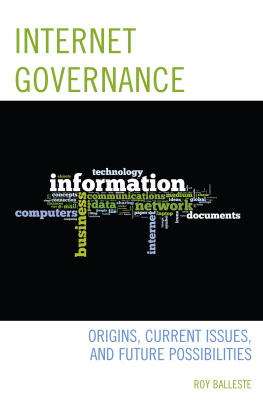
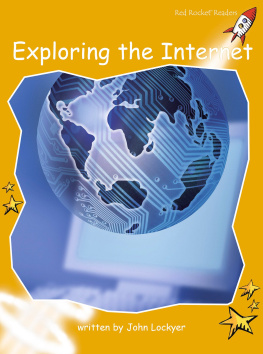
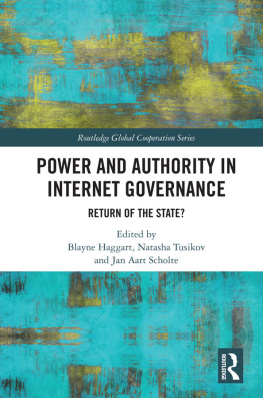
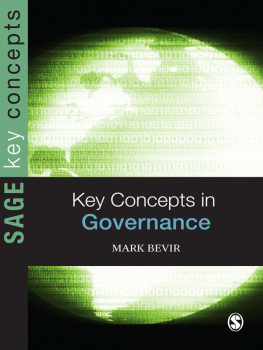

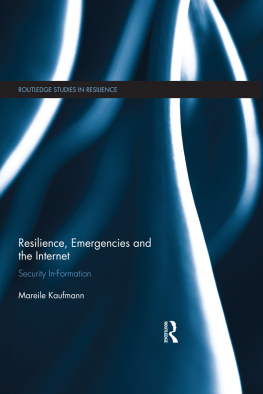
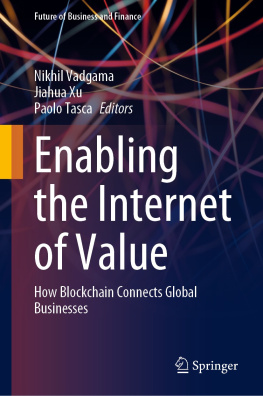

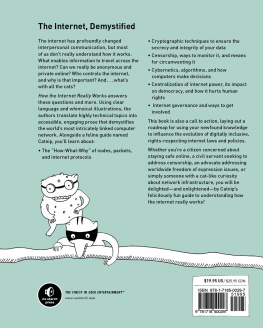
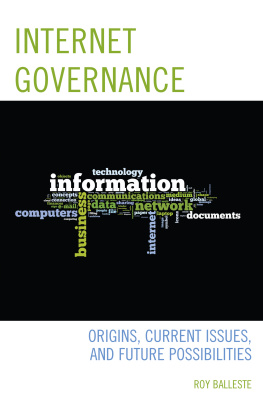
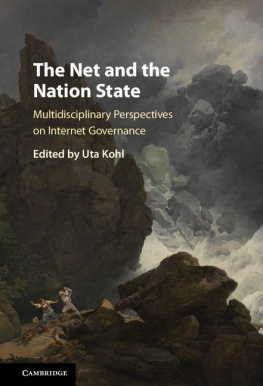
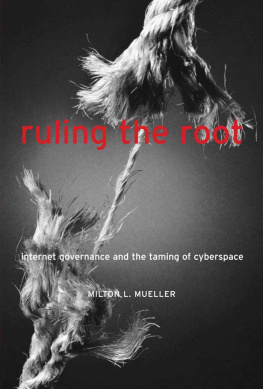
 TM The paper used in this publication meets the minimum requirements of American National Standard for Information Sciences Permanence of Paper for Printed Library Materials, ANSI/NISO Z39.48-1992.
TM The paper used in this publication meets the minimum requirements of American National Standard for Information Sciences Permanence of Paper for Printed Library Materials, ANSI/NISO Z39.48-1992.